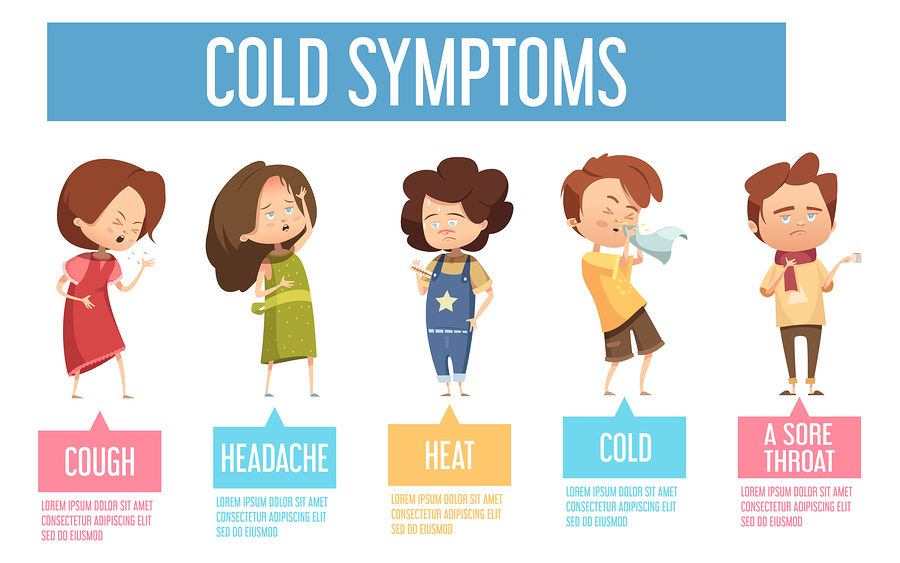What Causes the 'Sniffles'?
During winter months and early spring and late fall, when temperatures can be cold, and the air is dry, the mucus lining the nasal passages tends to dry out. The mucous membranes must work harder, to produce more mucus to keep the cavity lined. As a result, the nasal cavity can fill up with mucus.
It is likely that being outside in cold weather, and the dry air associated with central heat, inhibits the ability of mucus and nasal hairs to work disease agents out of your noses. It makes it easier for cold and flu viruses to get into your dry nasal passages.

Source: Macrovector / Bigstock